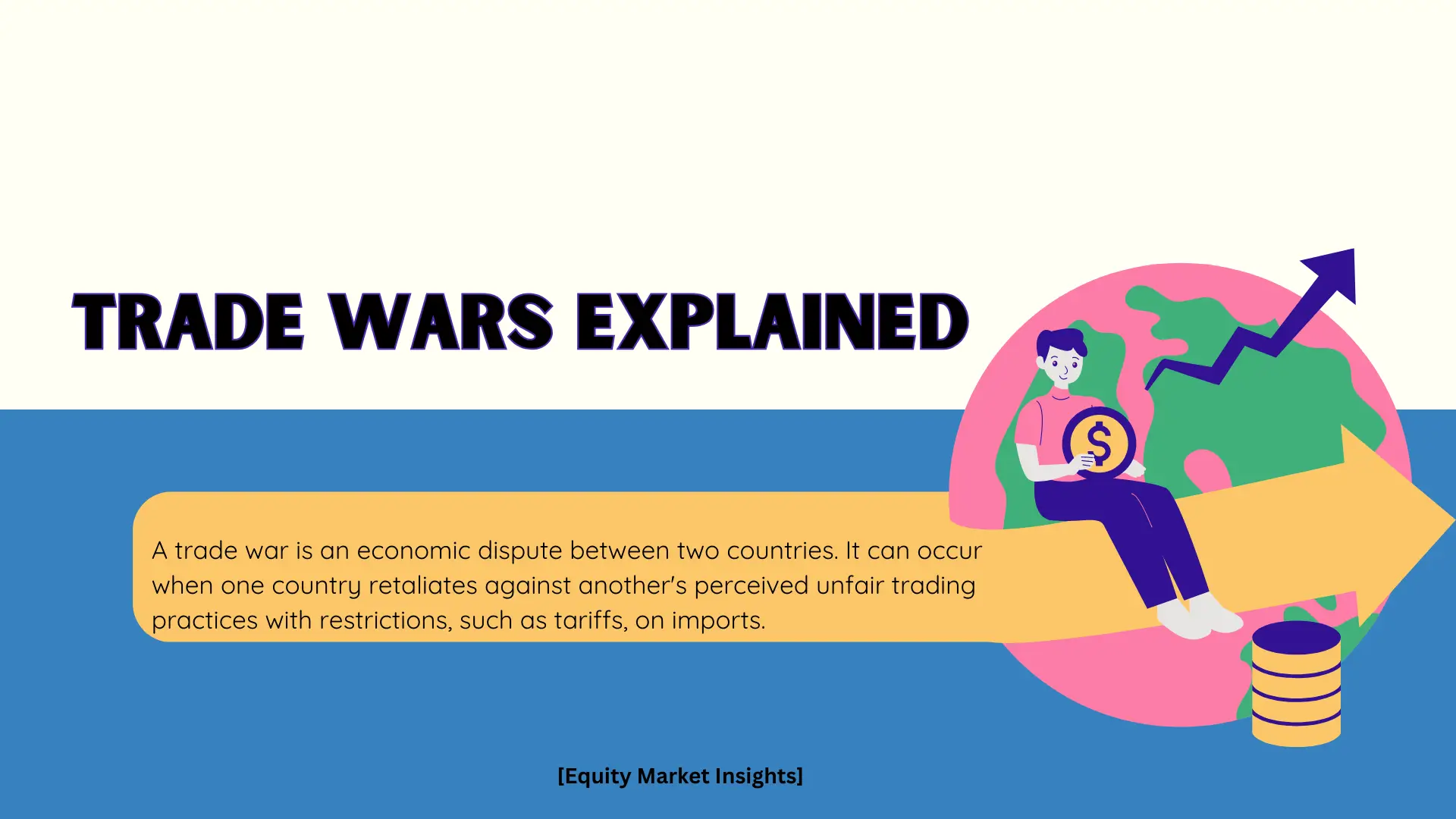A trade war is an economic dispute between two countries. It can occur when one country retaliates against another’s perceived unfair trading practices with restrictions, such as tariffs, on imports.
Domestic trade unions or industry lobbyists can pressure politicians to make imported goods less attractive to consumers, pushing international policy toward a trade war. Also, trade wars are often a result of a misunderstanding of the widespread benefits of free trade.
How Do Tariffs Affect the Economy?
Like other trade policies, tariffs on trade have both winners and losers. Tariffs can generate billions of dollars of added revenue for a country. Domestic industries and manufacturers tend to benefit.
Consumers and producers who use those products associated with tariffs have to pay higher prices, which can have an inflationary effect on the rest of the economy.
As for retaliatory tariffs imposed by foreign countries on the U.S., they make exports more expensive to buyers in those countries but reduce U.S. GDP by a negligible amount.
Are Tariffs Good or Bad for the Economy?
Most economists agree that tariffs are bad for the economy, since they prevent countries from reaping the benefits of economic specialization. However, there may be additional benefits to protecting certain domestic industries, such as manufacturing or defense.
While it may be cheaper for a country to source arms on the world market, there are also strategic advantages to maintaining domestic production capacity, even if such products are available at lower prices elsewhere.

